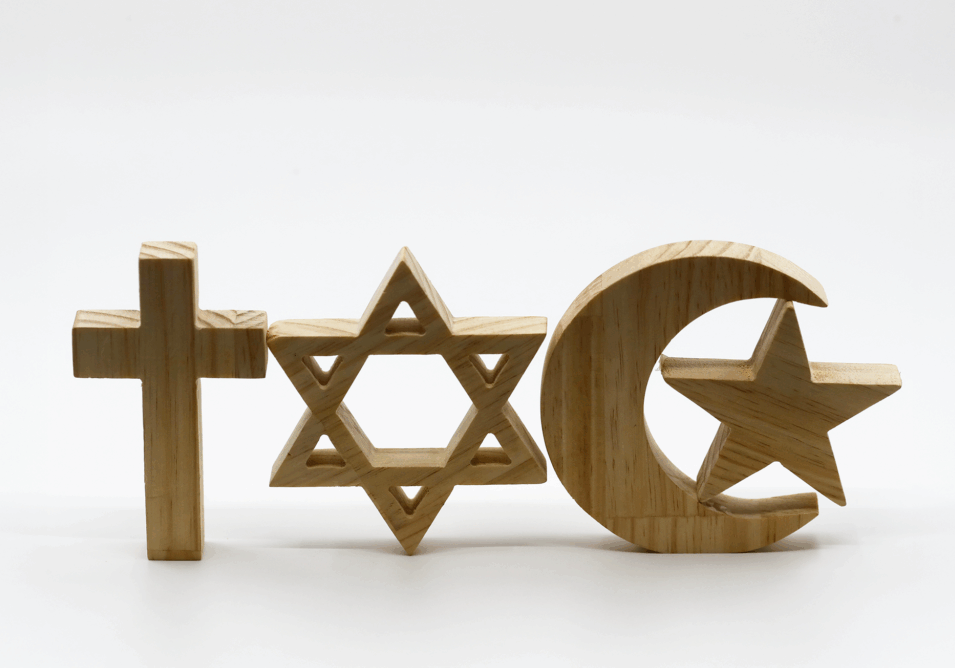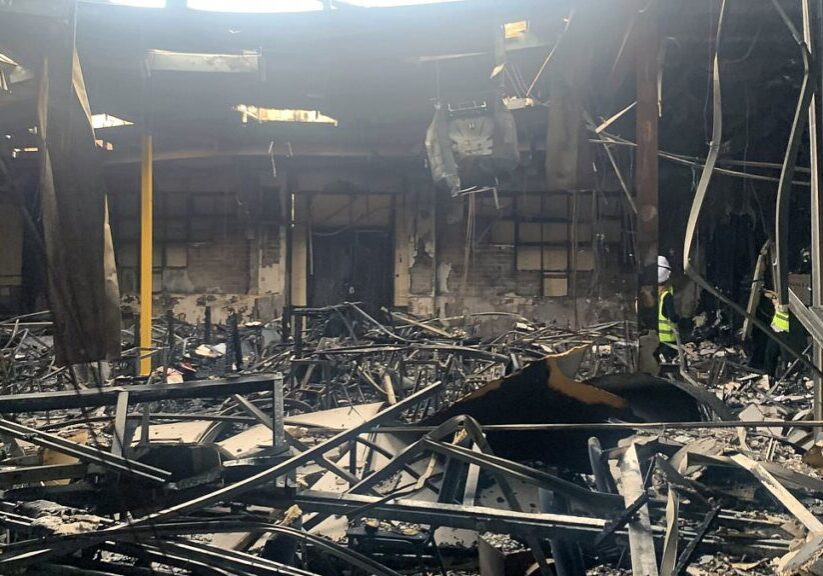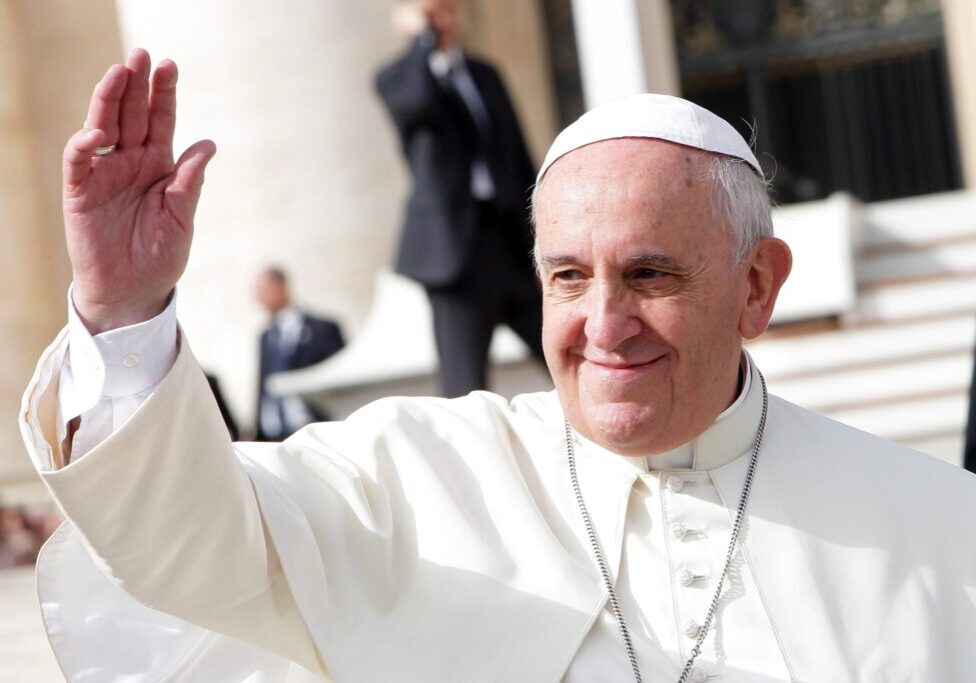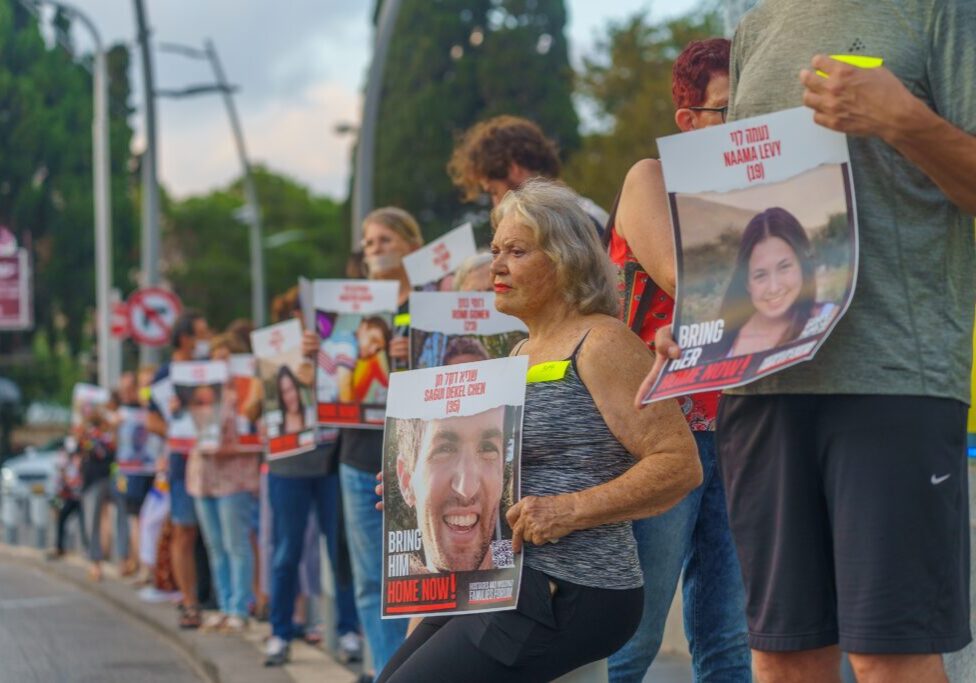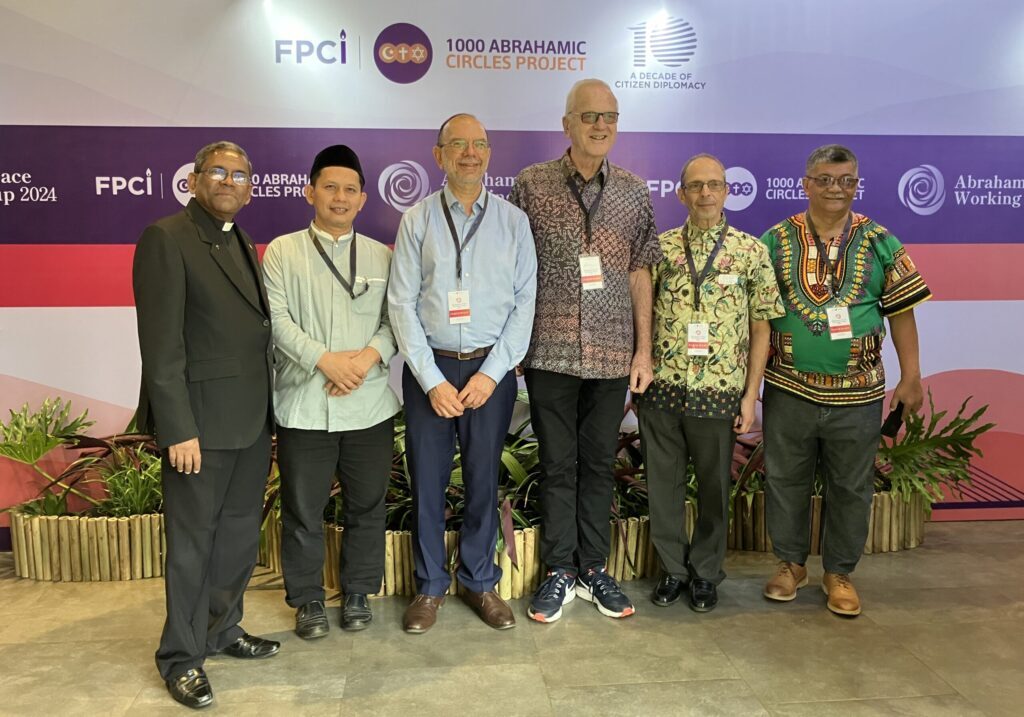Australia/Israel Review
The Last Word: Pitching Dialogue
Jun 26, 2013 | Jeremy Jones
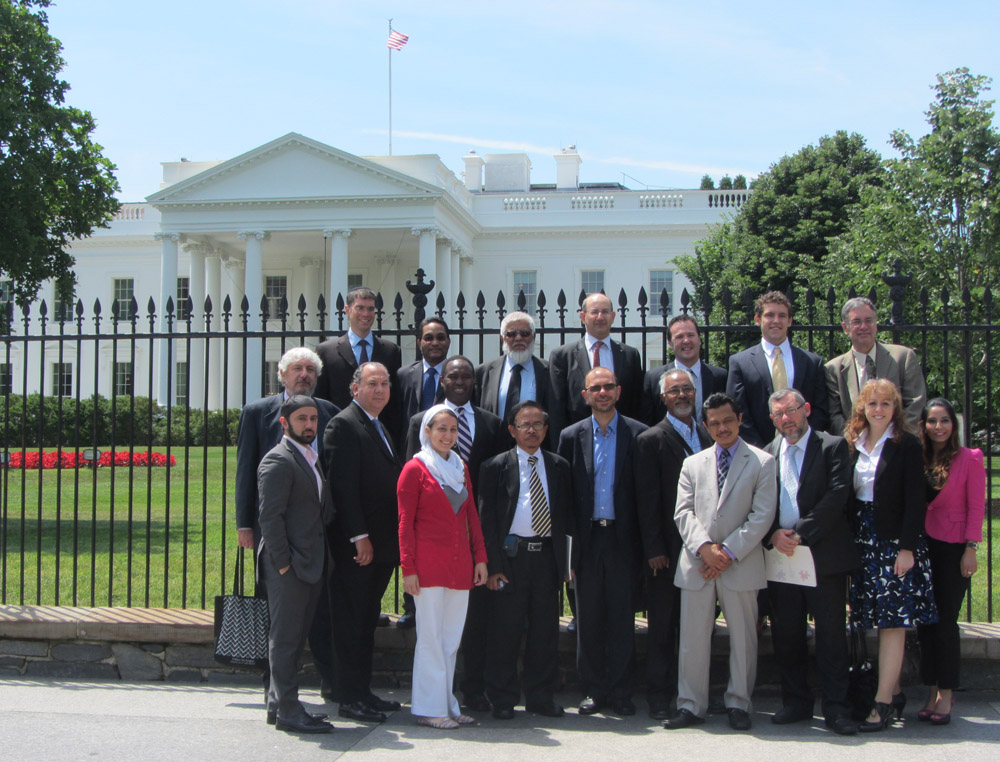
Jeremy Jones
The reaction to the words on a screen at Washington’s National Park was testimony to the popularity of a movement which may have historic roots but has contemporary urgency and vitality.
Welcomed as special guests at the baseball game between the Washington Nationals and the New York Mets was the “Delegation of Muslim & Jewish Leaders from the Southern Hemisphere.” The announcement brought cheers and applause.
As part of that delegation, I spent two intensive days in Washington with colleagues from Australia, South Africa and New Zealand. We had ample opportunity to discuss distinctive features of our varying national experiences, issues which divide as well as unite us and determine what we could learn from our US hosts.
The warm welcomes we received at the homes of our respective Ambassadors was evidence of how positively interfaith dialogue and cooperation are viewed at government level.
Briefings from White House and State Department officials provided good insights into how the US sees its place in the world and how it perceives the relationship between “State” and “Religion”.
Engagement with members of Congress – two of whom were Muslim and two Jewish – provided a forum for discussion of where and when an individual’s religion can appropriately determine action in the public sphere.
The visit to a Mosque and Islamic Centre, saw the Saudi Arabian imam join us for a kosher lunch while he, and all of us, reflected on the importance of religious understanding, respecting and engaging one another.
Invited to witness afternoon prayers, we were warmly welcomed by a diverse group of Muslims, who celebrated the opportunity to meet and talk with Jews and with Muslims who were in dialogue with Jews.
The second site visit, to the US National Holocaust Museum, had two very significant components.
During and immediately after the tour – guided by two wonderful educators – the Muslim participants peppered the Jewish delegates with questions about our own families’ experiences, as well as that of the communities in each of our countries.
Further, the already powerful emotional impact of seeing documentation and photographic exhibits of the brutal regime of humiliation, persecution and genocide, was magnified by the company in which it was viewed.
It was moving to see how people we had come to know and befriend were so deeply affected as they reflected on the distinct horrors inflicted by the Nazis.
The short seminar which followed the tour, discussing the Holocaust, Arabs and Muslims, allowed for us to learn together from the most respected authority on the subject, Dr. Robert Satloff, and also hear from a woman who was saved from the Shoah by Albanian Muslims.
Prior to the Jewish-Muslim mission, I had been part of a number of conferences and seminars, in Israel and the US, which emphasised the importance the Jewish world now accords dialogue with Muslims.
At the Global Forum on Combating Antisemitism, I was given the honour of chairing the Plenary session addressed by Muslim scholars and leaders, which drew a large audience and international media attention.
Working Groups at the Forum included one on “Antisemitism in the Arab and Muslim World”, another on “Interfaith Dialogue as a means of Combating Antisemitism” and others where antagonism, mutual interests and collaborations were all canvassed.
The AJC ACCESS Conference, which took place days before the Southern Hemisphere Mission, made Muslim-Jewish relations a central feature.
A number of outstanding Muslim leaders shared their wisdom and experiences, as did the true global Jewish trail-breakers in this field.
For many in attendance, the highlights were presentations by the brave and outspoken Egyptian Human Rights activist Dalia Ziada, and the sessions devoted to explaining “best practice” in furthering understanding and respect – including one co-led by Ilja Sichrovsky, the young Austrian who organised the Muslim-Jewish conference.
There are significant obstacles and difficulties in Jewish-Muslim relations – theological, political and pragmatic – but the new focus it is receiving give us the best possible chances of turning these challenges into opportunities.
Tags: Interfaith Dialogue

